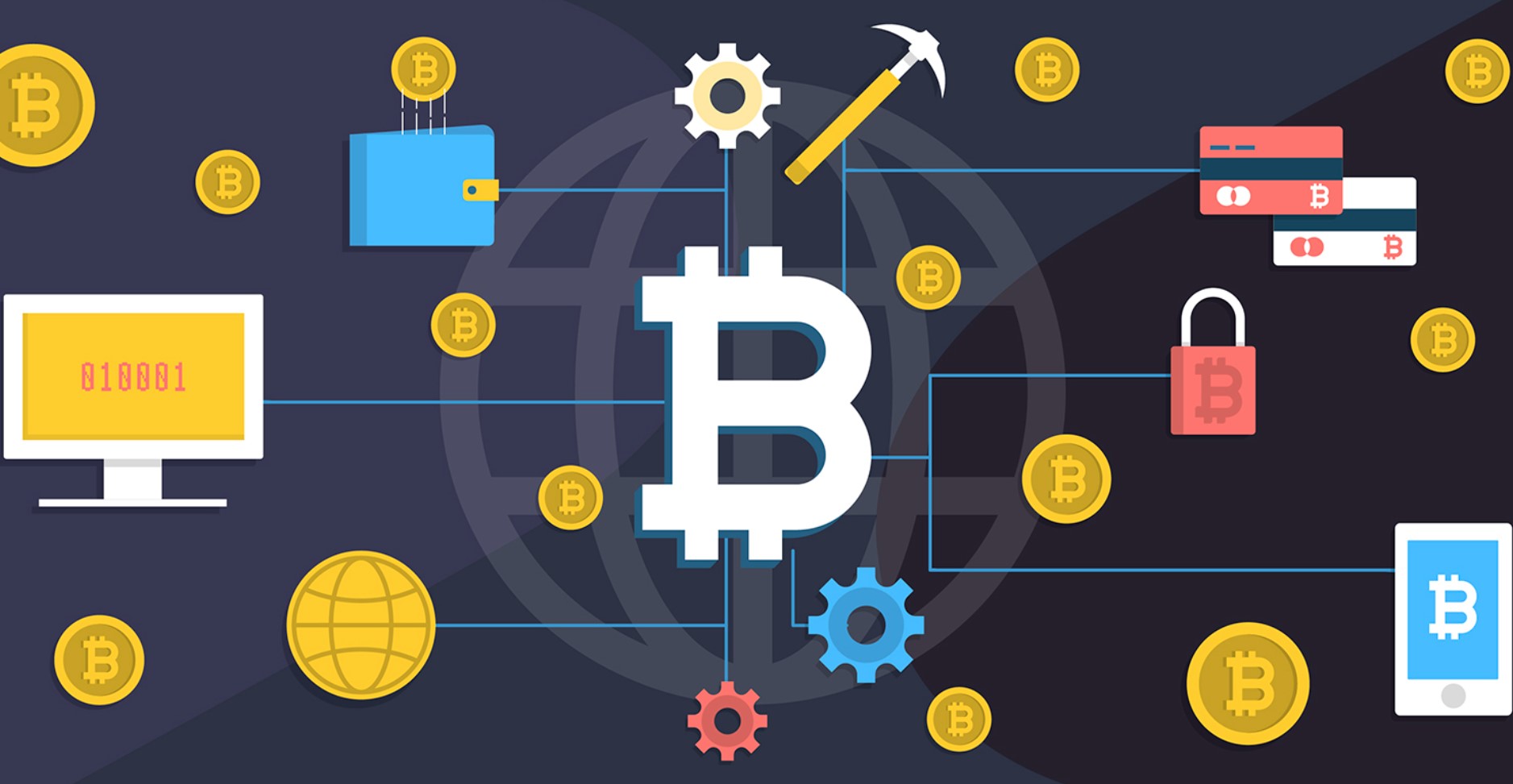In the ever-evolving landscape of cryptocurrencies, finding the right platform for your trading needs is crucial. Cryptocurrency exchanges play a pivotal role in buying, selling, and trading digital assets. In this article, we’ll take a deep dive into Cryptocurrency Exchanges: Comparing Different Platforms to help you make informed decisions. Whether you’re a novice or an experienced trader, understanding the nuances of these platforms is essential. Let’s embark on this journey together.
Understanding Cryptocurrency Exchanges
Cryptocurrency exchanges are online platforms that facilitate the buying, selling, and trading of digital currencies. These exchanges serve as intermediaries, connecting buyers and sellers in the crypto market. They come in various forms, each catering to different trading preferences and strategies. Let’s delve into the specifics of these platforms:
Centralized exchanges (CEXs) are the most common type of cryptocurrency exchange. They act as intermediaries and hold custody of users’ funds. Some popular CEXs include Binance, Coinbase, and Kraken.
Centralized exchanges offer high liquidity and a wide range of trading pairs, making them suitable for beginners and advanced traders. However, users must trust the platform with their assets, which can pose security risks.
Decentralized Exchanges
Decentralized exchanges (DEXs) operate without a central authority. Users trade directly from their wallets, eliminating the need for a trusted intermediary. Ethereum-based DEXs like Uniswap and SushiSwap have gained popularity.
DEXs prioritize user control and privacy but may have lower liquidity compared to CEXs. They are often preferred by those who value security and anonymity.
|
Aspect |
Description |
|
Definition |
Decentralized Exchanges (DEXs) operate without a central authority, allowing peer-to-peer trading. |
|
Security |
Users have full control of their funds and private keys, reducing the risk of hacks and theft. |
|
Liquidity |
Liquidity can be lower compared to centralized exchanges, especially for less popular tokens. |
|
Fees |
Users pay gas fees for transactions, avoiding traditional exchange fees. |
|
User Experience |
Interfaces can be less intuitive for beginners, but offer enhanced control and privacy. |
|
Popular DEXs |
Uniswap, SushiSwap, PancakeSwap, and Balancer are some of the well-known DEX platforms. |
|
Advantages |
Enhanced security, user control, privacy, and the ability to trade without intermediaries. |
Hybrid Exchanges
Hybrid exchanges combine features of both CEXs and DEXs. They offer the convenience of centralized platforms while allowing users to retain control of their funds. Binance DEX is a notable example.
Hybrid exchanges aim to strike a balance between security and usability, making them appealing to a wide range of traders.
Peer-to-Peer Exchanges
Peer-to-peer exchanges (P2P) connect buyers and sellers directly, enabling them to negotiate prices and payment methods. LocalBitcoins and Paxful are popular P2P platforms.
P2P exchanges are favored for their flexibility but require caution when dealing with individual counterparties.
Margin and Derivatives Exchanges
Margin and derivatives exchanges allow traders to speculate on price movements using leverage. BitMEX and Bybit are well-known platforms in this category.
While margin trading can amplify profits, it also increases the risk of significant losses. It’s suitable for experienced traders.
Cryptocurrency Exchanges: Comparing Different Platforms
Now that we’ve explored the types of cryptocurrency exchanges, let’s compare them across key parameters:
Security
- Centralized Exchanges: Typically offer robust security measures, including two-factor authentication (2FA) and cold storage of funds. However, they are susceptible to hacking.
- Decentralized Exchanges: Prioritize user control and are less prone to hacks. However, users must safeguard their private keys.
- Hybrid Exchanges: Balance security and usability, often implementing strong security protocols.
- Peer-to-Peer Exchanges: Security varies depending on individual users. Escrow services can enhance security.
- Margin and Derivatives Exchanges: Security measures may vary, and the risk is higher due to leveraged trading.
Liquidity
- Centralized Exchanges: Offer high liquidity and a wide range of trading pairs.
- Decentralized Exchanges: Liquidity can be lower, especially for less popular tokens.
- Hybrid Exchanges: Strive to maintain decent liquidity levels.
- Peer-to-Peer Exchanges: Liquidity depends on the number of users in a specific region.
- Margin and Derivatives Exchanges: Liquidity can fluctuate, impacting trading experiences.
Fees
- Centralized Exchanges: Charge trading fees, withdrawal fees, and others. Fee structures vary.
- Decentralized Exchanges: Users pay gas fees for transactions but may avoid traditional exchange fees.
- Hybrid Exchanges: Fee structures are similar to centralized exchanges.
- Peer-to-Peer Exchanges: Fees depend on the negotiation between buyers and sellers.
- Margin and Derivatives Exchanges: Fees vary, and traders should be aware of funding rates and liquidation fees.
User Experience
- Centralized Exchanges: Known for user-friendly interfaces and customer support.
- Decentralized Exchanges: Interfaces can be less intuitive for beginners.
- Hybrid Exchanges: Strive for a balance between user-friendliness and control.
- Peer-to-Peer Exchanges: User experience varies based on individual interactions.
- Margin and Derivatives Exchanges: Interfaces are designed for experienced traders.
Frequently Asked Questions
Are Cryptocurrency Exchanges Safe?
Cryptocurrency exchanges vary in terms of security. Centralized exchanges implement robust security measures, but users should exercise caution. Decentralized exchanges prioritize user control, enhancing security, but users must protect their private keys.
How Do I Choose the Right Exchange?
To choose the right exchange, consider factors like security, liquidity, fees, and user experience. Your choice should align with your trading goals and preferences.
What Are the Risks of Margin Trading?
Margin trading involves borrowing funds to trade larger positions. While it can amplify profits, it also increases the risk of significant losses. Only experienced traders should engage in margin trading.
Can I Use Multiple Exchanges?
Yes, many traders use multiple exchanges to diversify their holdings and access a broader range of trading pairs.
How Do I Store My Cryptocurrency Safely?
For long-term storage, consider hardware wallets that offer offline storage. Ensure you keep your private keys secure and avoid sharing them.
Is KYC (Know Your Customer) Required?
Most centralized exchanges require KYC verification to comply with regulations. Decentralized exchanges may not have this requirement.
In the world of cryptocurrency, choosing the right exchange is pivotal to your trading success. Each type of exchange offers unique advantages and caters to different needs. It’s essential to prioritize security, liquidity, and user experience while considering your trading goals. Remember to exercise caution, conduct thorough research, and stay informed about the ever-changing crypto landscape. Happy trading!

